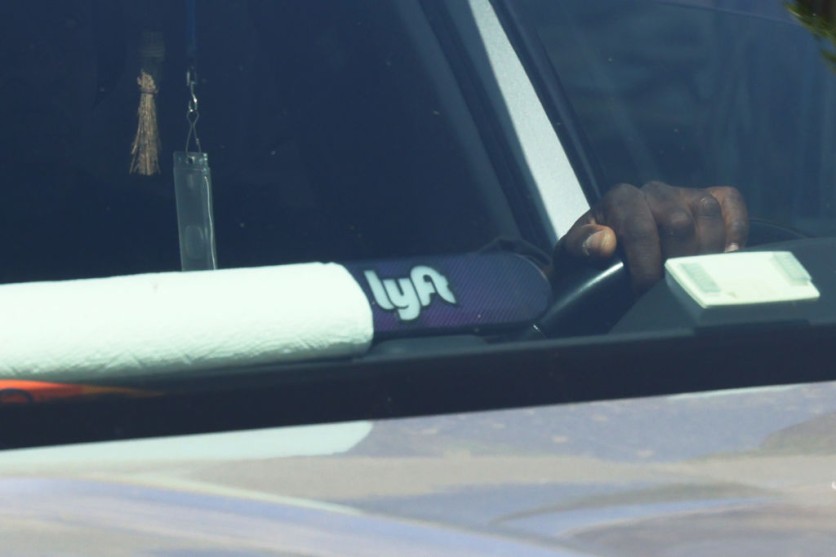Lyft, the San Francisco-based ride-hailing service, is set to lay off hundreds of employees under the leadership of new CEO David Risher, according to a report by AP. The company plans to reduce its workforce to drive down costs and bring fares in line with its biggest rival, Uber.

"Significant Number" of Layoffs
Lyft's new CEO David Risher, a former Amazon executive, has informed the company's workforce of more than 4,000 employees that a "significant" number of them will be laid off.
The announcement was made in a letter posted online and came at the end of Risher's first week as CEO. Although the exact number of layoffs was not disclosed in the email, sources familiar with the cost-cutting plans suggest that at least 1,200 employees will be affected, according to AP's report.
Risher's focus on cost control was made clear in an interview with The Associated Press shortly after his appointment, as he emphasized the need to make Lyft "super-efficient" to lower its fares and win back passengers who had turned to Uber for its lower prices.
Risher's email also clarified that the job cuts would not include Lyft's drivers, who are considered independent contractors.
In the letter to employees, Risher wrote, "We need to bring our costs down to deliver affordable rides, compelling earnings for drivers, and profitable growth."
Lyft plans to inform employees who will be affected by the job cuts starting Thursday, coinciding with the closure of its offices. This will be the second wave of layoffs for the company, following the termination of 700 workers last year.
Read Also : Uber, Lyft Can Continue Treating Drivers as Contractors After Court Ruling in California
Layoff Trend in the Tech Industry
The tech industry is seeing a trend of recurring layoffs, which is a stark contrast to over a decade of uninterrupted growth.
Meta Platforms, the parent company of Facebook, and e-commerce behemoth Amazon both went through two significant rounds of layoffs over the past year due to the pandemic-driven surge in demand for digital services and products, which initially prompted hiring sprees.
Lyft also suffered a considerable setback due to the pandemic as it led to a substantial decrease in demand for ride-hailing services, while Uber was able to maintain its position in the market by expanding into food delivery services.
According to AP, Uber's ridership rebounded to pre-pandemic levels while Lyft struggled to retain its market share, resulting in mounting losses and a 69% drop in its stock price over the past year.
Consequently, the company appointed a new CEO to address its challenges. Although Lyft did not disclose further information on the layoffs, it stated that additional details would be released next week.
The workforce reduction is part of a larger effort to achieve profitability, and Risher emphasized the need to cut costs to remain competitive. While the layoffs are expected to affect various departments within the company, the specific details are yet to be revealed.
Related Article : Uber vs. Lyft vs. Gig Economy: How the Battle Over Workers Will End, According to Analysts

![Apple Watch Series 10 [GPS 42mm]](https://d.techtimes.com/en/full/453899/apple-watch-series-10-gps-42mm.jpg?w=184&h=103&f=9fb3c2ea2db928c663d1d2eadbcb3e52)



